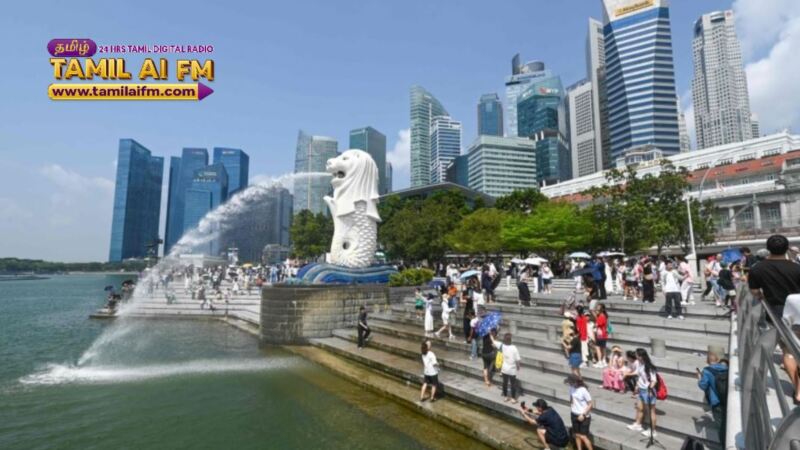SINGAPORE — Singapore plans to strengthen its foreign-interference law as geopolitical flashpoints and sharpening rivalries raise the risk of external meddling in its domestic politics, Bloomberg reported yesterday.
Singapore’s Home Affairs Minister K. Shanmugam said in a statement that “the global security environment is increasingly volatile”, and the proposed amendments aim “to address evolving foreign-interference tactics”. He did not give a timeline for the changes.
The move comes ahead of a national election expected in May 2025, with political leaders repeatedly warning of foreign attempts to sway voters.
Earlier this month, Singapore President Tharman Shanmugaratnam urged Singaporeans to resist manipulation from “near and far”, cautioning that external actors would seek to advance their own agendas in the city-state.
Singapore’s Foreign Interference (Countermeasures) Act, passed in 2021, gives officials sweeping powers to curb overseas efforts to influence politics and public opinion.
The government has long argued that such measures are needed in a small, multiethnic financial hub vulnerable to disinformation campaigns.
Authorities have already used the law in high-profile cases. In 2023, the government warned the then bureau chief of The Economist for endorsing a local digital magazine and encouraging Singaporeans to embrace an “alternative vision” to that of the state and mainstream media. Last year, officials also invoked the act against an associate of a Chinese metal billionaire, citing his “susceptibility to be influenced by foreign actors, and willingness to advance their interests”.
The planned update underscores Singapore’s determination to guard its political process as conflicts in regions such as the Middle East and intensifying US-China rivalry spill over into South-east Asia.


